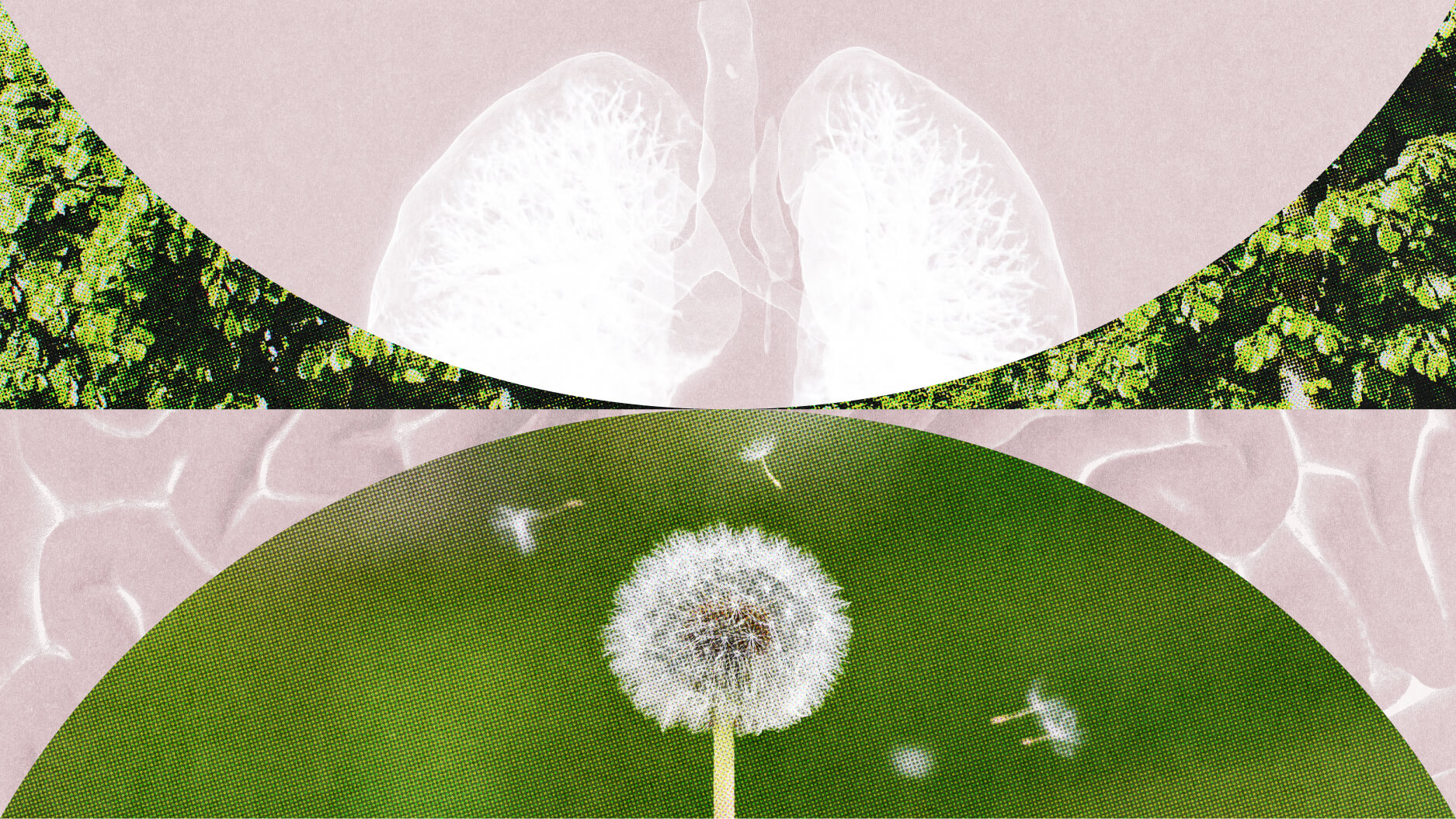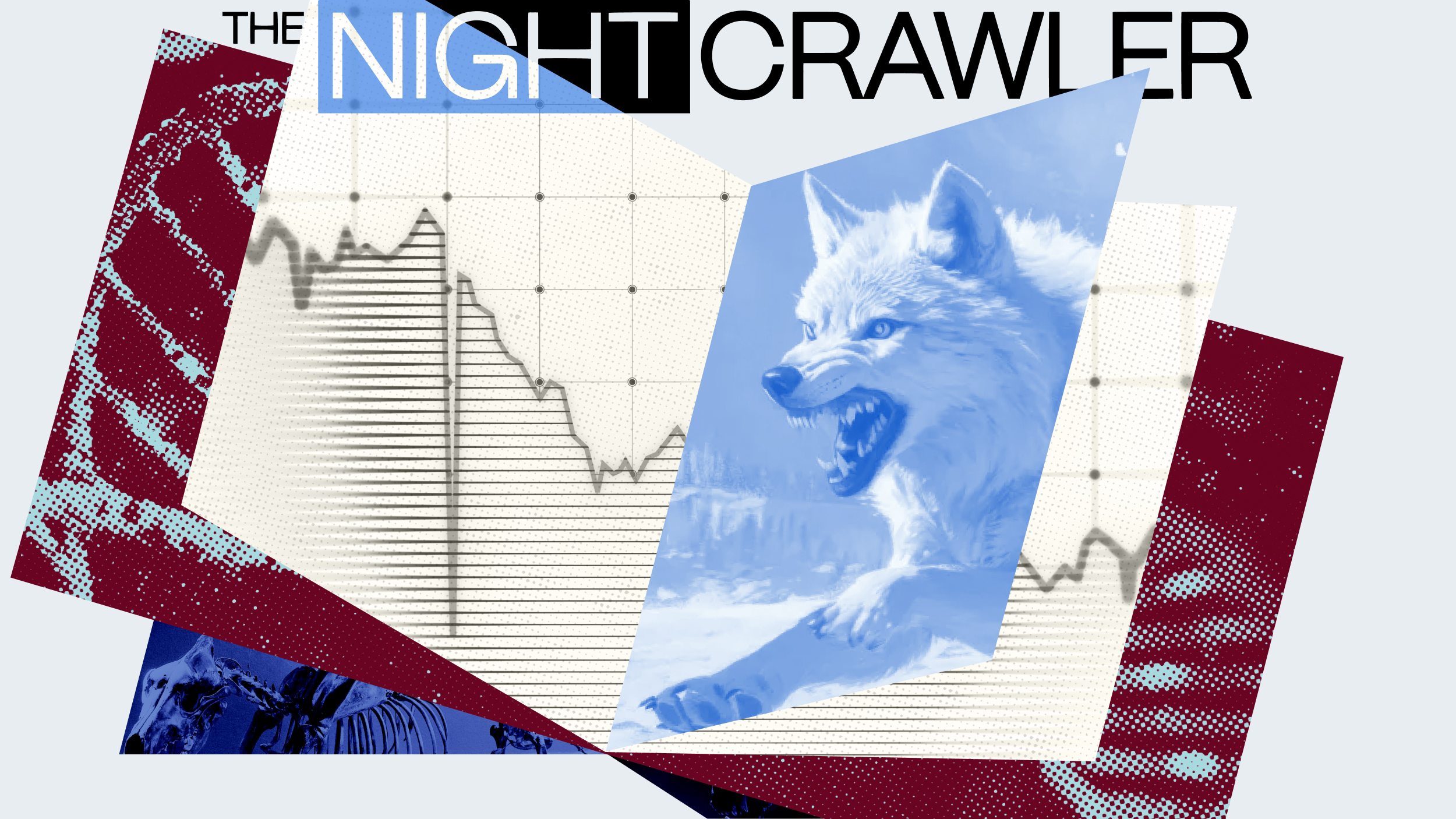Why I’m writing OUTLAST: a book about resilience (and hope)

- Main Story: A near-death experience led The Nightcrawler author Eric Markowitz into a deeper search for long-term meaning in a transient world.
- His findings will be collected in upcoming book OUTLAST (2027) — a field guide to resilience in life and business.
- Also among this week’s stories: The wisdom of talking to strangers, the impending age of super-tools, and strength in discomfort.
Longtime readers of The Nightcrawler may have noticed something shift in me about a year ago.
What began as a newsletter on long-term investing in the midst of the pandemic became something else… a deeper search into meaning. A quiet obsession with resilience. A fascination with real quality. Not just about compounding, but how to live long enough to see the exponential fruits of compounding itself.
The cause of this shift was deeply personal — and painful. A near-death experience cracked open my sense of time, space, and wonder.
Surviving my ordeal made me ask altogether new questions I couldn’t seem to ignore: What endures? What survives chaos? What lasts in a world that has become relentlessly focused the short-term?
That search continues — and it will soon be taking me around the world. To ancient forests. To thousand-year-old inns. To family businesses still thriving after 1,000 years. To conversations with craftsmen, CEOs, monks, and biologists.
I’m writing a book. It’s called OUTLAST. It’s a field guide to resilience: to building a life, a business, an investment strategy that can lead to exponential outcomes over time. It’s both a love letter to my daughters — and a plea to my readers to be more optimistic. To think long-term. To build things that last.
It will be published by Simon & Schuster, within the storied Scribner imprint, home to legends like F. Scott Fitzgerald, Ernest Hemingway, Anthony Doerr, Stephen King, and many more. Translations will be published across Europe, Asia and Central and South America.
It’s the project of a lifetime — and you’re already part of the journey. Though the book will be out in 2027, I’ll be sharing insights and field reports exclusively to The Nightcrawler readers as I go.
If you know anyone that would benefit from this message, I encourage you to forward this e-mail. Friends, family, colleagues, clients. Whomever. They can subscribe on my website, OutlastBook.com.
This book is not for me — it’s for anyone seeking to build with care. To last with purpose. It’s meant to awaken a new kind of ambition — one measured not in quarters, but in generations. It’s a reminder that resilience isn’t loud. It’s slow. Intentional. Often invisible.
But it’s everywhere — etched into old stone, passed down in family ritual, encoded in the spiral of a seashell. This book is an invitation to notice those patterns. To learn from them. And to build something — anything — that outlasts. I wrote a short essay about why I’m writing the book — link here.
Key quote: “Out of that darkness came something unexpected: a deep sense of optimism. After I became well enough to sit up and type again, I returned to the letter. I needed to finish it. For my daughter — both of them. We had another girl in August 2024. This isn’t a book about fear or decline. It’s about renewal. Resilience. And the extraordinary capacity we all have to build things that last — even in a world designed to distract and discard. There’s a quiet, creeping sense these days that we’re trapped in a world ruled by short-term thinking. I’m sure you feel it. I certainly do. We chase the now: instant feedback, instant gratification, instant success. Long-term thinking has become a lost art, drowned in dopamine loops and algorithmic urgency. But over time, I noticed something quieter, yet far more powerful: beneath the chaos, the systems that endure all around us follow a different tempo — one rooted in patience, resilience, and ancient wisdom. OUTLAST is my attempt to reclaim that rhythm — to learn from the enduring, and to pass along their wisdom. Yes, it’s a book — a “business book,” technically — but it’s also a mission, a lens, a way of seeing the world. At its heart, it’s a practical philosophy for anyone trying to build things that last in an age obsessed with what’s fleeting.”
A few more links I enjoyed:
How Nearly a Century of Happiness Research Led to One Big Finding – via Susan Dominus
Key quote: “Talking to strangers — on trains, in a coffee shop, at the playground, on line at the DMV, in the waiting room at the doctor’s office — could be dismissed as an exercise that simply makes the time pass. But it could also be seen as a moving reflection of how eager we all are, every day, to connect with other humans whose interiority would otherwise be a mystery, individuals in whose faces we might otherwise read threat, judgment, boredom or diffidence. Talking to strangers guarantees novelty, possibly even learning. It holds the promise, each time, of unexpected insight.”
How AI could usher in The New Enlightenment – via Peter Leyden
Key quote: “Artificial intelligence will give humans super-tools that dramatically expand what we currently know about ourselves, the world, the planet, and the universe. Human minds augmented with artificial minds will be able to see and understand things that we had absolutely no idea about until now. AI will accelerate the development and use of other world-historic technologies, such as clean energy and bioengineering, that will impact us on a civilization scale, too. Being able to engineer all living things, from viruses to animals to ourselves, will set us apart from every other civilization in world history. The ability to take advantage of vast amounts of clean energy will also make us unique.”
A few short stories – via Morgan Housel
Key quote: “Your competitors can probably innovate and execute as well as you can. So every time you uncover a new talent you’re proud of, temper your thrill with the acceptance that other people who want to win as badly as you probably aren’t far behind.”
From the archives:
What I Do When I Feel Like Giving Up – via James Clear
Key quote: “Relative to the time in your normal day or week, nearly any habit you perform is over quickly. Your workout will be finished in an hour or two. Your report will be typed to completion by tomorrow morning. This article will be finished in just a moment. Life is easier now than it has ever been. 300 years ago, if you didn’t kill your own food and build your own house, you would die. Today, we whine about forgetting our iPhone charger. Maintain perspective. Your life is good and your discomfort is temporary. Step into this moment of discomfort and let it strengthen you.”




